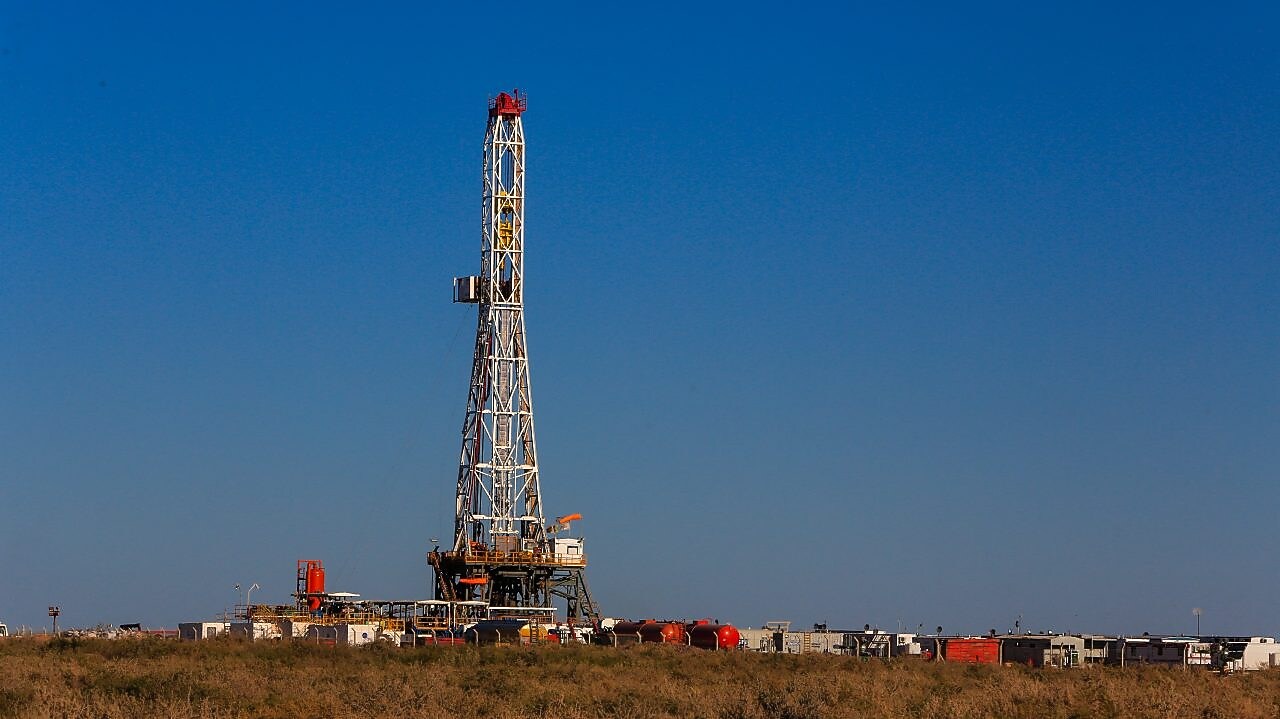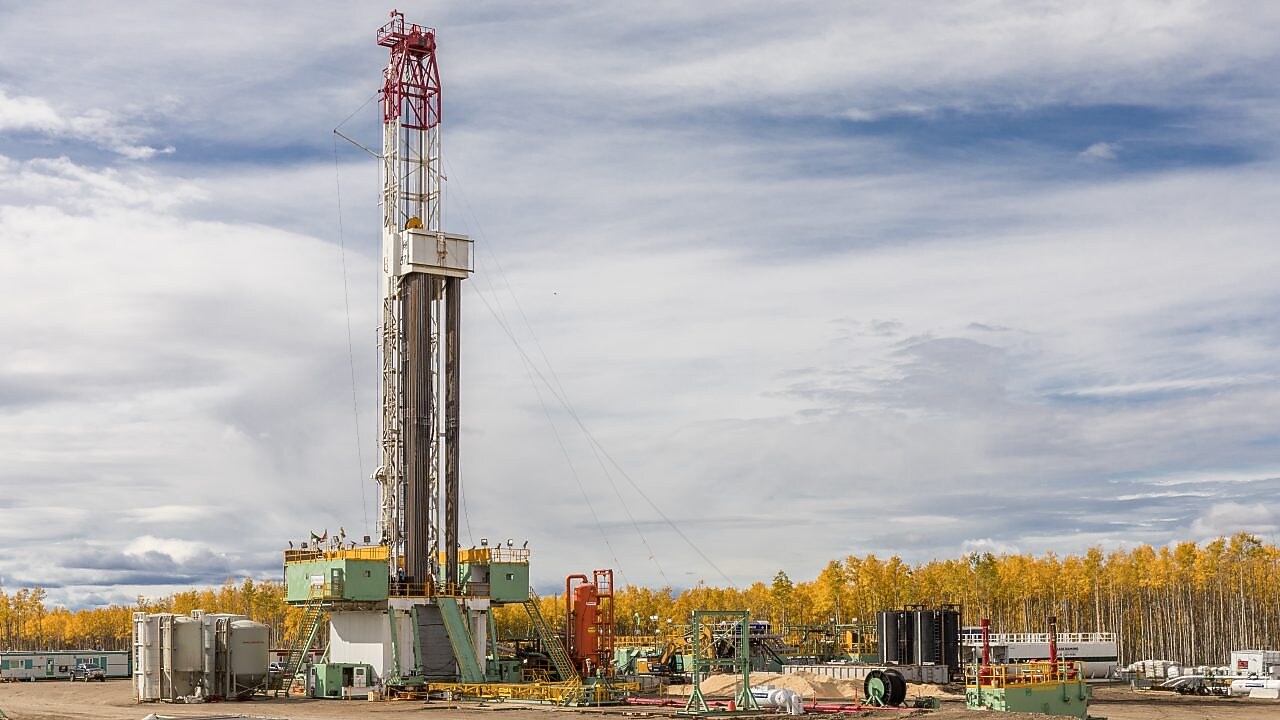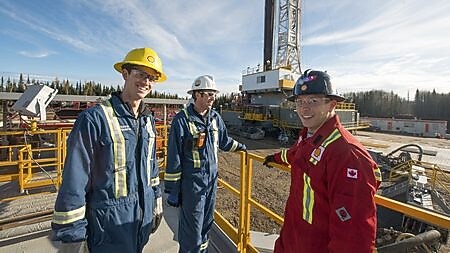
Shale oil and gas
Shale oil and gas play an important role in the energy transition meeting global energy demand. Shell’s Shales business is focused on high-margin tight oil positions and low-cost gas assets in the Americas. We hold some of the best core-acreage positions in Argentina and Canada.


